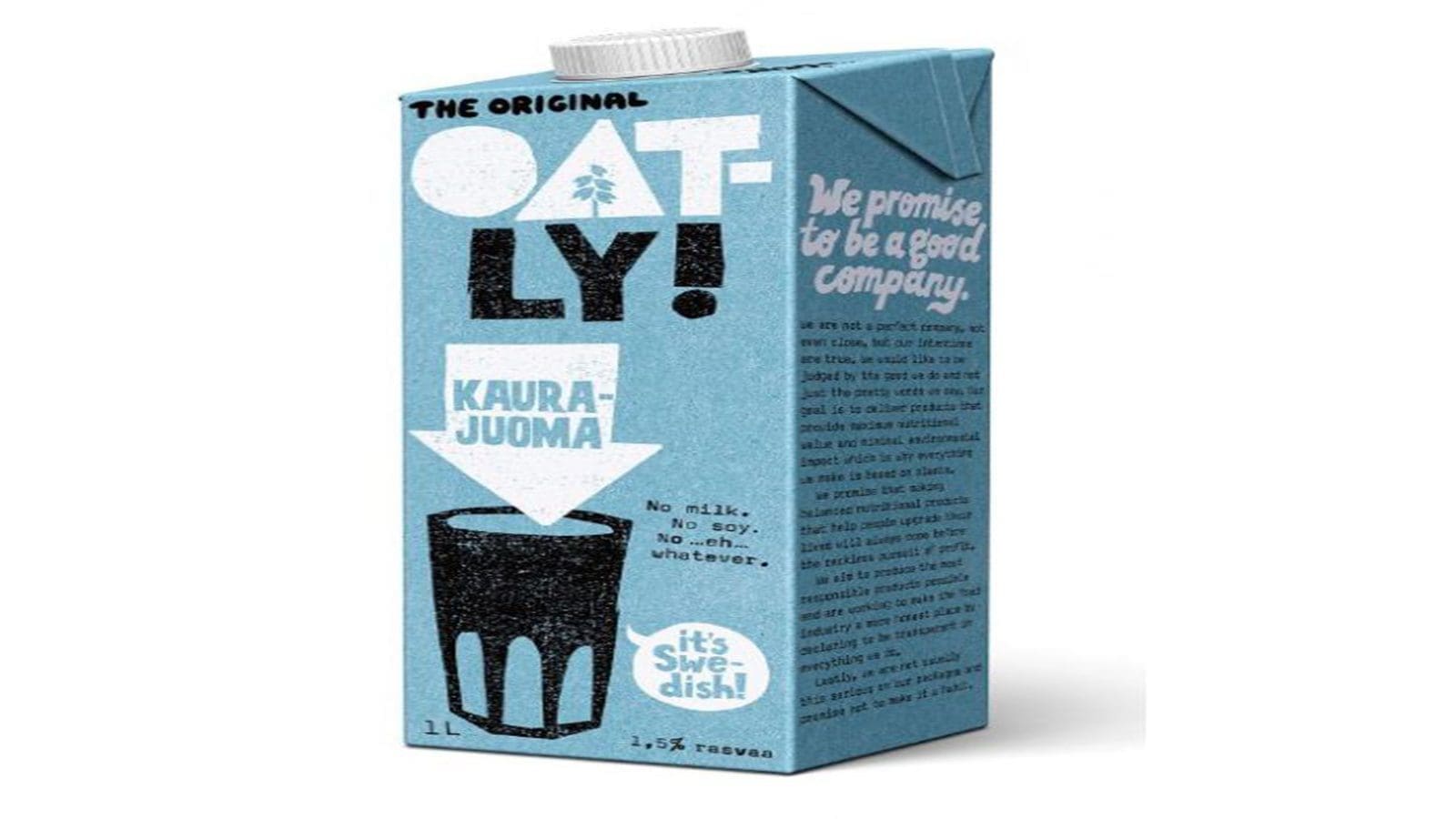EUROPE – The European Food Safety Authority (EFSA) has declined to declare cannabidiol (CBD) as a novel food safe for consumption due to data gaps and uncertainties about potential hazards related to CBD intake.
Cannabidiol is a substance that can be obtained from Cannabis sativa L. plants and be synthesized chemically as well.
It has no psychoactive properties and, depending on the method of extraction, should contain little or no tetrahydrocannabinol (THC), the other key compound in cannabis which causes users to get high.
The European Commission considers that CBD qualifies as a novel food provided it meets the conditions of EU legislation on novel foods.
Following the submission of numerous applications for CBD under the novel food regulation, the Commission asked EFSA to give its opinion on whether CBD consumption is safe for humans.
As of mid-March 2022, EFSA’s expert Panel on Nutrition, Novel Foods and Food Allergens (NDA) has received more than 150 applications for CBD as a novel food, 19 of those are currently under assessment by EFSA.
“We have identified several hazards related to CBD intake and determined that the many data gaps on these health effects need filling before these evaluations can go ahead. It is important to stress at this point that we have not concluded that CBD is unsafe as food,” Prof. Dominique Turck, Chair of the NDA Panel.
There is insufficient data on the effect of CBD on the liver, gastrointestinal tract, endocrine system, nervous system and on people’s psychological well-being.
EFSA revealed that studies in animals have shown significant adverse effects especially in relation to reproduction. As such, it is important to determine if these effects are also seen in humans.
Some scientific studies have found that CBD can affect the liver if taken in at higher doses. As a precaution, Food Standards Scotland recommends that healthy adults do not take more than 70mg a day, which is about 28 drops of 5% CBD, unless a doctor agrees more.
Ana Afonso, Head of Nutrition and Food Innovation at EFSA, stated that stopping the clock on a novel food assessment is not unusual when information is missing.
“It’s the responsibility of applicants to fill data gaps. We are engaging with them to explain how the additional information can be provided to help address the uncertainties,” she said.
In the context of medical conditions, adverse effects are tolerated if the benefit outweighs the adverse effect. This is, however, not acceptable when considering CBD as a novel food. They must be demonstrated to be safe for normal consumption.
Liked this article? Subscribe to Food Safety Africa News, our regular email newsletters with the latest news insights from Africa and the World’s food safety, quality and compliance. SUBSCRIBE HERE








